Circuit City
The rise and fall of Circuit City

It seems as the new millennium rolled in, many older stores started changed and started to go downhill. Some of them went out of business completely. And one of the biggest stores that comes to mind is Circuit City.

Circuit City was an American multinational consumer electronics retail store that sold everything from sold everything including software, video games, music, VHS, DVDs, Blu-ray discs, TVs, mobile phones, digital cameras, car stereos, video cameras, home appliances including washing machines, dryers, and refrigerators. It started out as Wards Company in 1949, until it was renamed to Circuit City in 1984 and pioneered the electronics superstore format.
Before Best Buy, Circuit City was the largest electronics retail store in the U.S. At the time of liquidation, it was only the second largest electronics retail store in the U.S. behind Best Buy with 567 Circuit City locations nationwide.

Circuit City's slogan was always "Welcome to Circuit City, Where Service Is State of the Art" which was shown all of their commercials back in the 1990's.

Circuit City was one of my favorite stores to go to as a kid back in the 1990's. It was a great place to shop for electronics like new computers, TVs, and radios. It was also a great place for me to buy new and old movies I wanted on VHS or DVD, new CDs, or new video games that I wanted to buy on Gameboy or Playstation.
Back in the old hometown I used to live in back in the 90's, we didn't have a Best Buy and places like Wal-Mart or Kmart didn't sell as many electronics so Circuit City was the best place for me to go to if I wanted to shop for electronics.
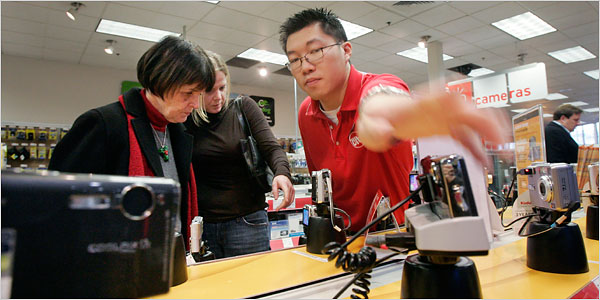
But, what I miss most about Circuit City was the general atmosphere of the store. I love the big showroom experience from shopping in a Circuit City. They always had a great selection of products and always had what I wanted at the time.
The store always had exceptional service seeing as all of their employees that worked there staff factory-trained. They were always very nice to you and would help you if you needed help searching for something or didn't understand how to work a certain product that you were going to buy.

In the Early 2000's, Circuit City decided to re-brand themselves. In 2001, they got rid of their classic logo and made a much newer modern looking logo.
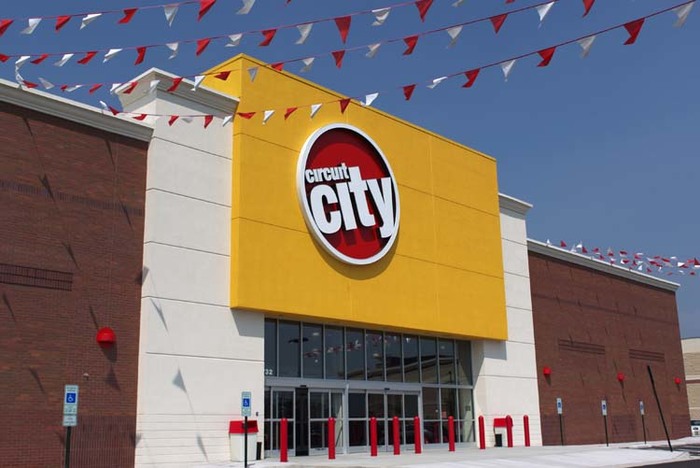
Circuit City also got rid of the classic design for their stores and changed their design of their stores to the new "Horizon" format.
The new "Horizon" stores abandoned the original showroom experience for a brighter, more-open sales-floor format with open ceilings, low fixtures, and wood-floor aisles to allow customers to browse the merchandise more easily.

So where did Circuit City go wrong? How did this store go from being the largest electronics retail store and one of the largest retail stores in the U.S. to being completely bankrupt and not even being around anymore over a decade later? I will go over all the reasons below why Circuit City went out of business.
1. Exclusive Deal with Sony:
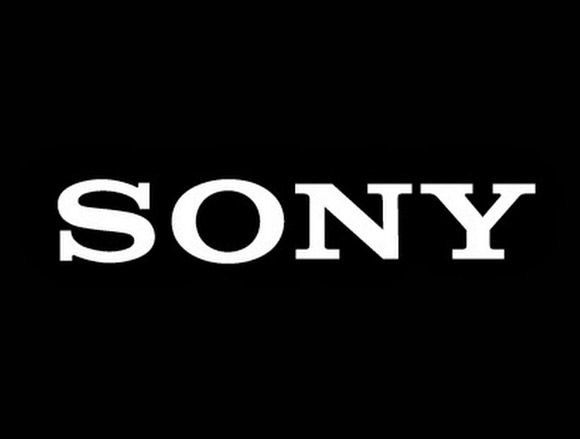
In 1999, Circuit City made an exclusive deal with Sony to only sell Playstation games.
This does not make any sense at all. Why would you limit yourselves to one game system platform when you can maximize your profits by selling all games for all the different game systems?
Fortunately for Circuit City, this deal lasted for only a short time, but it wasn't until they completely re-branded their stores that they started selling other games for all the other game systems.
2. Getting Rid of Large Appliances:
At the beginning of the new millennium, Circuit City decided to cut off themselves from one of their main revenue streams. In the year 2000, Circuit City announced that they were going to abandon the large appliance business. This meant that they were no longer sell large appliances and they were going to completely get rid of them in their stores.

Now this makes no sense at all because Circuit City was only the second biggest appliance retailer in the U.S. behind Sears. And in 1999, they earned $1.6 billion in sales revenue from large appliances alone in the U.S. So why would you decide to completely get rid of large appliances when you made so money from selling them in your stores and you did so well in the appliance business? That would be like if McDonald's announced today they were going to completely cut-off their breakfast menu and decided they were only to serve food during lunch and dinner hours.
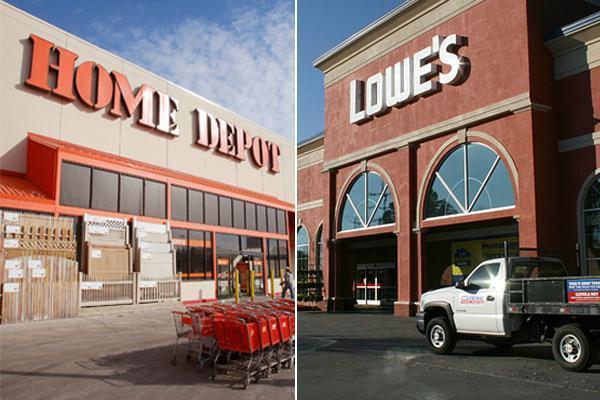
The reason Circuit City exited the large appliance business was because executives of the company were concerned about the big competition they would receive from stores like Home Depot and Lowe's if they kept selling large appliances and they wanted to better focus on selling electronics. They also believed there would be big savings in warehouse storage and delivery costs if they quit the large appliance business.
But by doing so, this meant that Circuit City had to completely remodel all of their stores in the country in order to stop selling large appliances. And you know how much it cost them to do this? The same amount of money they made just from selling large appliances in 1999. That's right. $1.6 billion dollars!
But by also doing so, Circuit City completely missed out on the residential-housing boom of the Mid-2000's, which saw a dramatic rise in new-appliance sales. So, they should have not decided to completely rid of large appliances because they could have made tons of profit just from selling appliance items in the Mid-2000's when there was a big residential-housing boom and large appliances were most needed. And that would have really helped Circuit City stay afloat over the years.
3. Competition with Best Buy:
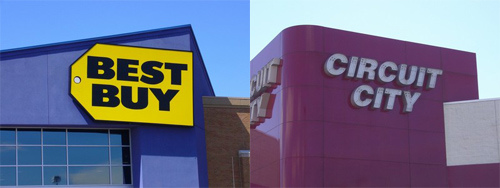
By the Late 1990's, things were starting to change. Circuit City's days of being the electronics store to go to were coming to an end. Because there was a new rival in town. And that rival was Best Buy.

Like Circuit City, Best Buy was also multinational consumer electronics retail store that sold everything including software, video games, music, DVDs, Blu-ray discs, TVs, mobile phones, digital cameras, car stereos and video cameras. They also sold home appliances such as washing machines, dryers, and refrigerators.
But the difference between Best Buy and Circuit City was that Best Buy a much more attractive name, nicer logo, bigger and shinier stores, much better sales team, and much more exclusive brands. Best Buy also always had cheaper prices, better deals, and a much better selection of products to choose from.
As Circuit City started to fall, the massive expansion and popularity of Best Buy started to grow. And by the Early 2000's, Best Buy had surpassed Circuit City as the the largest electronics retail store in the U.S. Nobody can deny that big blue box with a yellow tag on it stole all of Circuit City's thunder. Circuit City could not see this phantom menace coming.
And instead of setting themselves apart like most smart companies do and sticking to what they did best, Circuit City got scared and tried to compete with Best Buy.

I think we all know which store would win this battle in the end.
4. Getting Rid of their Best Sales People:
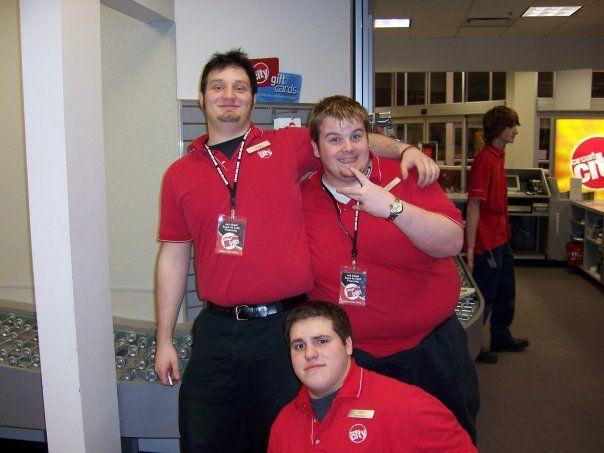
In 2003, Circuit City decided to change their pay structure with their sales people from commission to hourly. In so doing, they converted everyone's salary to an hourly rate which was comparable to their average commission sales.
Circuit City also made the decision to fire their best sales people, instead of paying them an hourly rate that was comparable to their commission-based income. They were replaced with people whom you could mistake with fast food workers.
5. Partnering with Verizon Wireless:
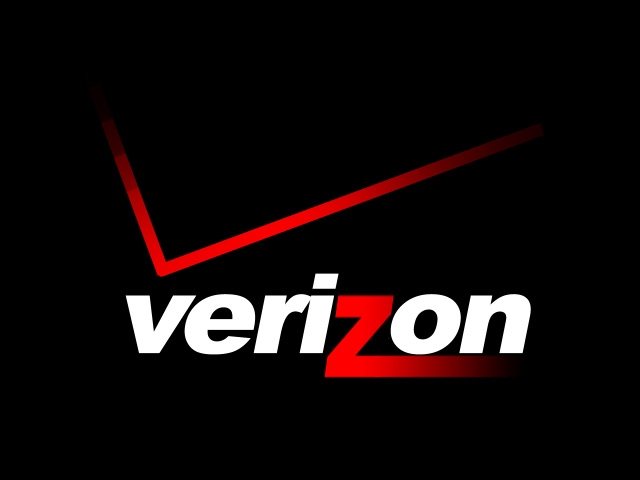
In 2004, Circuit City partnered with Verizon Wireless to include full-service Verizon Wireless sales and service centers inside all of their stores. By doing so, Circuit City had to stop selling wireless phones from other phone companies except from Verizon Wireless due to this agreement.
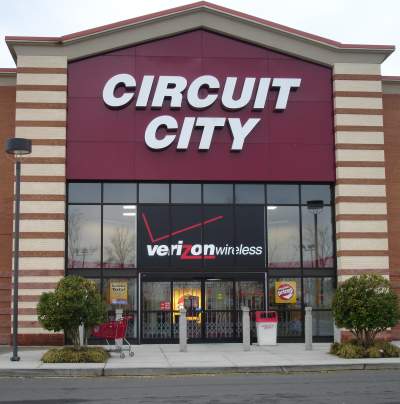
And this really does NOT MAKE ANY SENSE AT ALL! Now, I see why Circuit City made this deal at the time. Verizon Wireless was the biggest cell phone company in the U.S. at the time and Circuit City desperate for extra profits and they were going to take any deal they could get from other companies. Why would you make this deal with Verizon Wireless to sell only Verizon Wireless phones when you could make so much more profit by selling other wireless phones from all the other phone companies? Why would anyone go to Circuit City just to buy a Verizon Wireless phone when they could just go to Best Buy (who sells a wide variety of phones) and buy a phone from there? It makes no sense at all.
6. FireDog:

In 2006, Circuit City launched FireDog to provide in-store, in-home, and online computer and home theatre technical support and installation services.
This consumer and business technical service was just made to compete with Best Buy's Geek Squad. Circuit City saw the success Best Buy had with Geek Squad and hoped they would have the same success with FireDog. Except they didn't.
FireDog was incredbily inexperienced when it came to helping cuctomers with computers and other technological devices that they didn't know how to use. The water they sold (which they made to copy Geek Squad's water) was also very nasty to drink.
The FireDog brand was sold to Firstmark for $250,000 in 2009.
7. Owned Tons Of Property...Didn't Do Anything With It:

Circuit City owned so many stores, so much property and so much real estate and they sat there for years not using them, not doing anything with them, and not utilizing them. There were Circuit City buildings that weren't even open and were empty inside and Circuit City did NOTHING with these buildings.
In 2005, Circuit City sold 1.2 million square feet of useless real estate that they weren't utilizing.
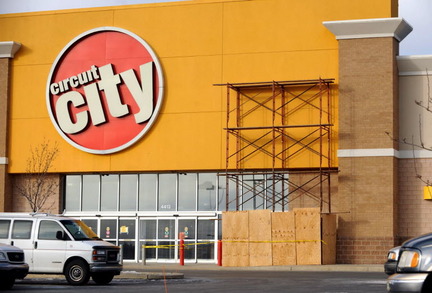
In the 30 years that Circuit City was open, they only opened 10 to 12 new stores a year. Yes, while their #1 biggest rival Best Buy was opening hundreds and hundreds of new stores a year, Circuit City was only opening 10 to 12 new stores a year.
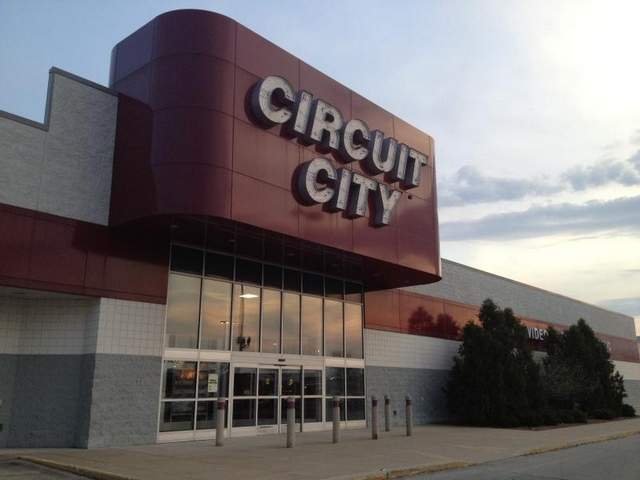
The majority of Circuit City's stores were also in really bad locations. And that is definitely true for the one Circuit City that was in my hometown. It was far easier for me to drive to my local Wal-Mart, Target, Best Buy, or Sears than it was to drive to my local Circuit City.
They also refused to renovate all their stores. Even though, Circuit City changed their logo in the Early 2000's and completely remodeled their newer stores to the newer "Horizon" format, majority of Circuit City's stores still had the old logo on the outside with the classic big red showroom design as their format for their stores. The only stores that had the newer logo and newer design was the 10 to 12 new stores they built every year. All the other Circuit City stores that had already been open before they completely re-branded themselves kept the classic logo and classic design.

In 2007, the head of Circuit City's real estate announced that Circuit City would open 200 to 300 new stores a year. Yes, Circuit City planned to open 200 to 300 stores a year. Now, Circuit City was in the big deep red here at that point. They were losing profits from lack of customers and were on the verge of bankruptcy. And Circuit City plans to 200 to 300 stores a year???
And you know what? In the next couple of years, they did build a bunch of new stores. And lot of these stores were primed and prepped, new employees were getting hired, people were waiting for opening day, everything was ready to go, they all opened, and two weeks later they closed. Yes, some of these news stores were open for only a couple of weeks before closing.
Can you imagine that??? All those stores ready to go, had new merchandise, new employees ready to work there, and then opened...and BAM!!! They closed. Can you imagine how many poor employees were fired from all of those stores???
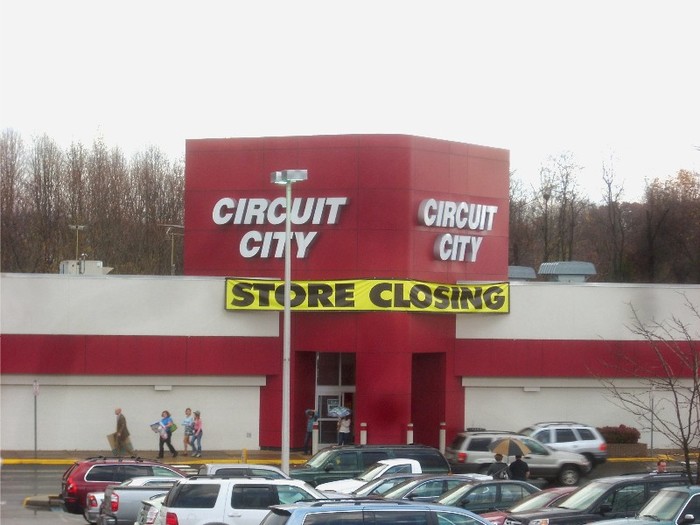
In 2008, the Circuit City in my hometown announced it would officially go out of business by the end of the year for good.
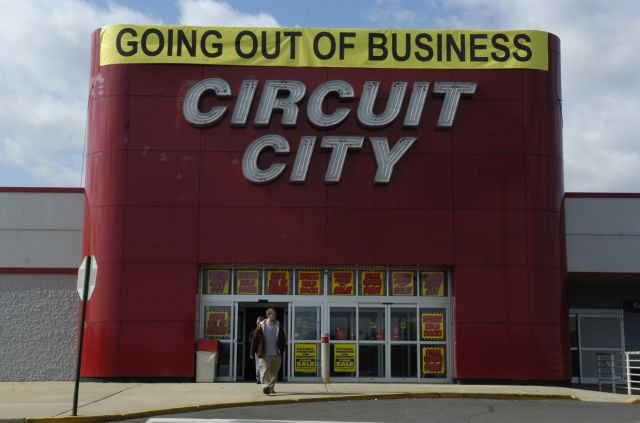
The store announced a final "going out of business" sale a few months before it would close and started airing a bunch of "going out of business" commercials on TV.

Before my local Circuit City in my hometown closed by the end of the year, I went there one more time for the final "going out of business" sale where I got some good deals for DVD's and video games for really cheap prices. I knew this would be the last time I would ever step foot in this place.

At the end of 2008, the Circuit City in my hometown officially closed and went out of business for good and that big red and white building was sold for liquidation.
Even though the building was sold for liquidation, the red and white design of the store stayed on the building and it was stayed there like that for a few years being untouched.
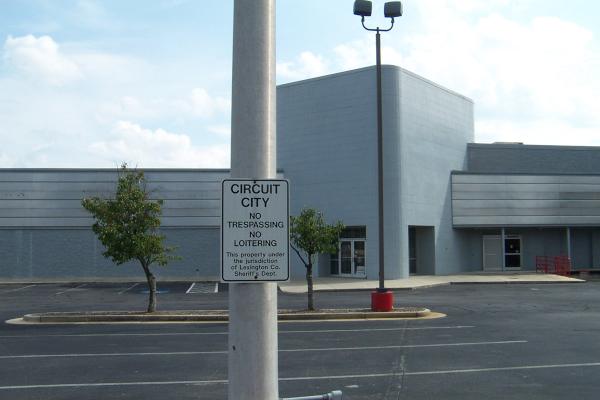
Until a few years later, they completely got rid of the red and white design of the store and announced they were going to completely tear down that building and build a new store in place of it on that same property.
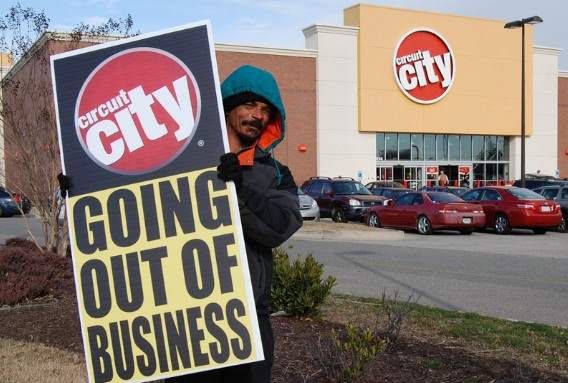
On November 4, 2008, Circuit City announced that it would close 155 stores and lay off 17% of its workforce by the end of the year as a result of continuing difficulties in remaining profitable. On November 7, 2008, Circuit City laid off between 500 and 800 corporate employees from its Richmond, Virginia headquarters. The approximately 1000 remaining corporate employees were consolidated into one building in an effort to further reduce costs and improve profitability. On November 10, 2008, Circuit City filed for bankruptcy protection under Chapter 11 of the United States Bankruptcy Code in the United States Bankruptcy Court for the Eastern District of Virginia. At that time, Circuit City's stock prices traded well below $1 per share, and were removed from listing on the New York Stock Exchange.
In bankruptcy court, Circuit City was approved to borrow $1.6 billion to finance operations while restructuring. Court filings revealed that the company had assets of $3.4 billion and debt of $2.32 billion, including a $119 million debt to Hewlett-Packard and a $116 million debt to Samsung Electronics. Chief executive James A. Marcum promised that the stores would stay open and the chain would not be liquidated.
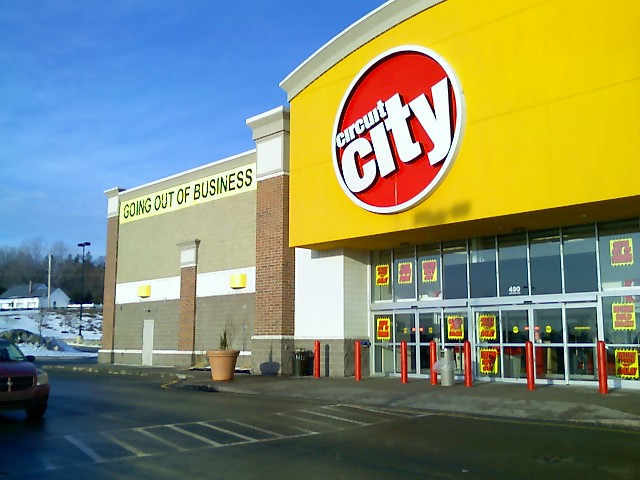
On January 10, 2009, it was announced by a company spokesman that Circuit City needed a buyer by January 16, 2009 to keep from shutting its doors due to an approaching deadline set by the court and creditors. Although two unnamed parties were interested in buying out Circuit City, a bidder could not be found, so Circuit City, with bankruptcy court approval, converted its Chapter 11 bankruptcy to Chapter 7, and started airing "going out of business" commercials, as they started closing all of their stores. The Canadian operations, which were run under The Source by Circuit City banner, were not initially affected by the liquidation, but were later sold to Bell Canada.
According to Circuit City's website, the company announced on January 16, 2009 that it intended to close all of its stores. Reportedly, over 30,000 employees lost their jobs in the liquidation, as well as 45% of Verizon's Circuit City sales force being laid off with the remainder resigning or transferring to other Verizon locations.
The final day of operations for all Circuit City stores was March 8, 2009. Besides retail auto dealerships, Circuit City closed more retail locations in the U.S. than any other retail chain in 2009. Circuit City selected Great American Group LLC, Hudson Capital Partners LLC, SB Capital Group LLC, and Tiger Capital Group LLC to handle the liquidation of all stores nationwide.

I was so sad when Circuit City went out of business completely and I really miss shopping there. I driving by that big red and white store in my hometown because it was there for so many years and it was a very sad day when they closed that store and got rid of that building for good. I also miss the days when I go to other cities and see Circuit City stores in the town.
But, I can't say I was too surprised to see Circuit City go under like that. They made so many bad business decisions that helped ruin their company in the long run and they brought it all on themselves. Good riddance.
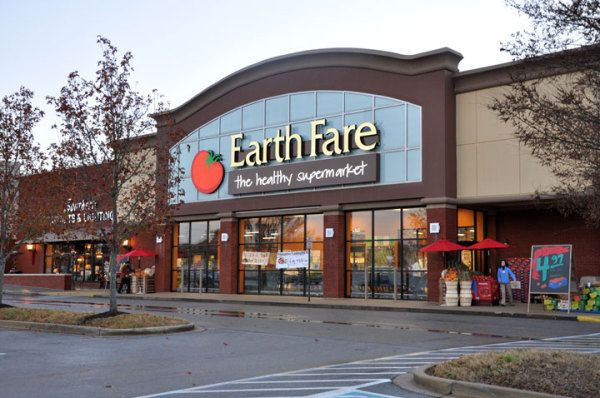
And as for what ever happened to that Circuit City building in my hometown? They completely tore down that building so they build a new store on that property.
They built Earth Fare supermarket, which is a natural foods grocery store that sells all kinds of organic foods and offers in-store specials and recipes. I really shopping here and this place is a much nicer store than what Circuit City became in its last few years.

30
Login To Vote!
More Articles From Cyrogenic










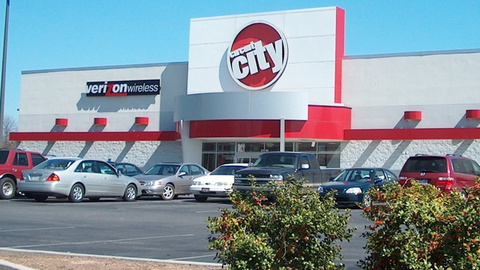













Comments
19